Search Results: gas
There are more than 200 results, only the first 200 are displayed here.
-
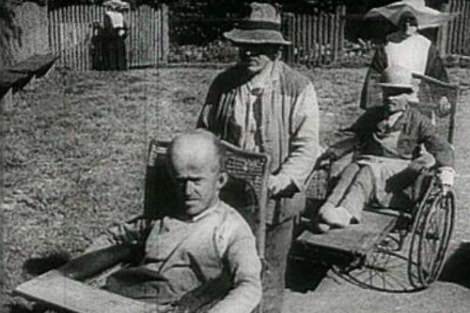
AUSTRALIA
- Justin Glyn
- 29 March 2016
9 Comments
People with disabilities have lived on society's margins since biblical times. In 1939, extending eugenics and sterilisation campaigns developed in the US in the early 20th century, Hitler authorised the vernichtung lebensunwerten Lebens ('the destruction of lives unworthy of life'). Unfortunately, not only has discrimination not been eradicated but those of us with disabilities, much like indigenous people, the poor, refugees and others with limited voice in society, continue to be seen as soft touches.
READ MORE 
-
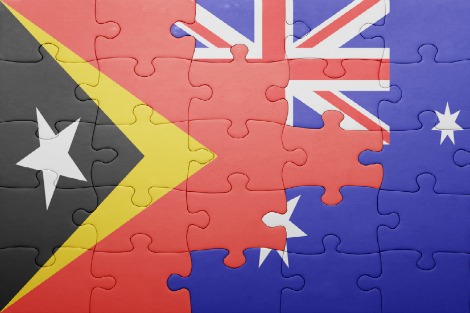
AUSTRALIA
- Frank Brennan
- 21 March 2016
10 Comments
Rui Maria de Araujo, the prime minister of Timor-Leste, wrote to Malcolm Turnbull inviting him to turn a new leaf in the Australia-Timor relationship. It was not to be. But the Timorese are well used to winning the hearts and minds of Australians even when our political leaders appear to be tone deaf to their pleas. This time they have convinced the Labor Party about the justice of their cause, and there is every chance that the Australian community will rally behind them after the federal election.
READ MORE 
-
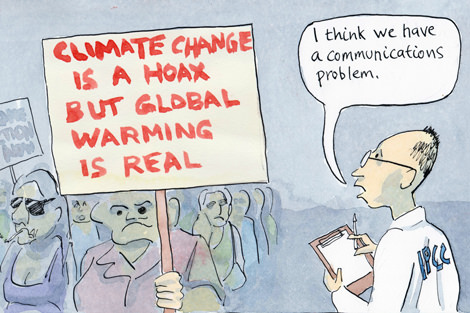
ENVIRONMENT
- Greg Foyster
- 11 March 2016
3 Comments
The best known examples of framing come from American cognitive linguist George Lakoff. He argues that George W. Bush replaced the phrase 'tax cuts' with 'tax relief' to reframe paying tax as an affliction. Embedded in those two words is a neo-conservative worldview against government intervention in the private sphere. If you accept the term, you absorb the worldview. In a similar way, a few words could build political will to tackle climate change. The problem is no one is sure what they are.
READ MORE 
-

ARTS AND CULTURE
- Tim Kroenert
- 03 March 2016
In the history of the Second World War and the deathly screed of the Final Solution, the Sonderkommando cuts a pitiable figure. These Jewish prisoners at Auschwitz and other death camps who were forced to perform the logistics surrounding mass murder - the carting and disposal of dead flesh - though patently victims, were viewed by some as collaborators. Son of Saul provides an immersive and impressionistic extrapolation of this ethical and actual horror.
READ MORE 
-
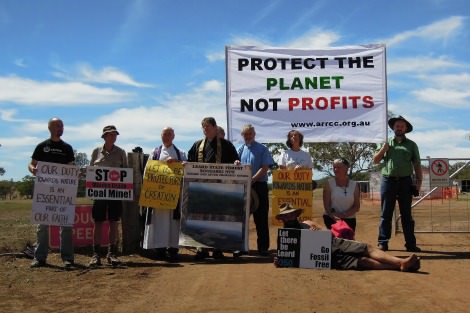
AUSTRALIA
- Fatima Measham
- 18 February 2016
5 Comments
The formative experiences of Australian early boomers include unprecedented access to university education and health care, immersion in feminist discourse, Aboriginal land rights campaigns, environmental activism, LGBT movements and pacifism. Quite remarkably, it mirrors some of the elements that engage millennials. While in some ways anti-boomer sentiment seems well placed, what it misses is that on social issues a 21-year-old might have more in common with a 61-year-old than a 71-year-old.
READ MORE 
-
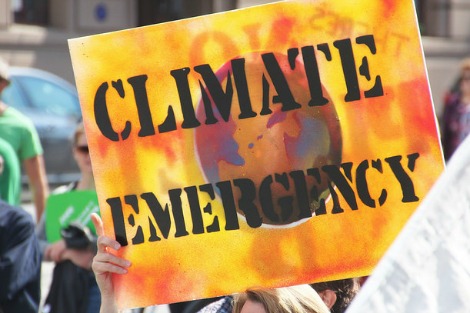
ENVIRONMENT
- Lyn Bender
- 09 February 2016
11 Comments
News about climate change can be depressing. But it was downright shocking to learn that budget cuts to CSIRO have led to the decimation of the agency's climate science. Australia is one of the worst global emitters, yet Australian citizens have outsourced responsibility for climate protection, as they have for refugees. The ease of bipartisan agreement on such crucial dilemmas confirms the point. A dormant electorate creates a negligent, sleeping, self-satisfied and corrupt government.
READ MORE 
-
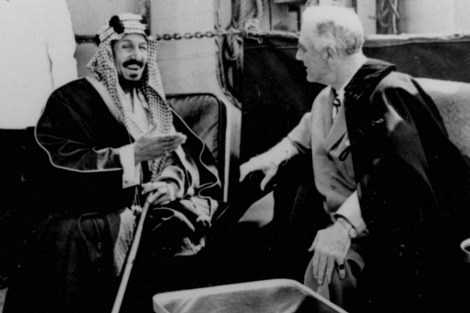
ECONOMICS
- David James
- 15 December 2015
3 Comments
In the early 1990s, America, Europe and Japan accounted for about 90 per cent of world GDP. Now, they account for less than half. The BRICs and other developing nations have grown steadily (in China's case spectacularly) while Europe has stagnated and America has sputtered at best. Recent developments in the geopolitics of fossil fuels and in finance confirm the perception that the rise of China and the developing world spells the end of US global hegemony. Against this backdrop, the narrative of the West has grown increasingly incoherent.
READ MORE 
-

AUSTRALIA
- Andrew Hamilton
- 09 December 2015
11 Comments
Although they can be inconvenient, human rights matter. It is important for nations to recognise them and for citizens to defend them. The survivors of the Second World War who had seen the gross violations of human rights under both Nazi and Communist regimes clearly saw this. These states regarded human rights as a privilege that they could give and take away as they chose. History spells out in the alphabet of gas chambers and gulags what that attitude meant for their subjects.
READ MORE 
-

ARTS AND CULTURE
- Grant Fraser, Ignatius Kim and Margaret Quigley
- 24 November 2015
5 Comments
Not seven steps from the familiar geography of her room her bewilderment sagged on her walking frame as she shied away from the stern arm that was guiding her ... We composed ourselves upon the couch long enough for her to plead 'But I don't know who you are' as she trembled beneath the insult of my peering eyes and frowned away; and I felt a stranger's smile curdling on my face.
READ MORE 
-

ENVIRONMENT
- Nicholas Low
- 04 November 2015
20 Comments
Environmental justice will be part of the discussion in Paris this month. The principle of justice says each person is of equal value no matter which nation or ethnic group they belong to. Each Australian contributes 16 tonnes of carbon dioxide per year, while each Bangladeshi contributes a little more than a third of a tonne. If the principle of justice is applied, Australia will have to move from 16 tonnes per person to about a third of a tonne, roughly equivalent to what a Bangladeshi emits now.
READ MORE 
-
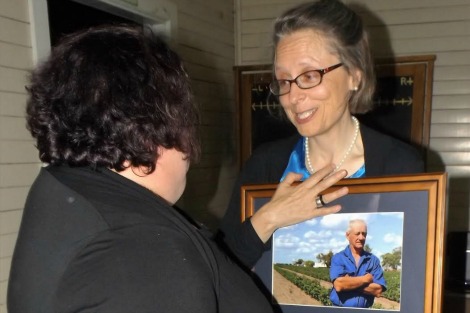
ENVIRONMENT
- Mark Copland
- 02 November 2015
10 Comments
When Chinchilla farmer George Bender took his own life, it ended a ten year struggle with the coal seam gas industry that has wreaked havoc on his property and that of his neighbours. Despite mountains of paper regulations, despite a well-resourced Gasfield Commission and Gasfield Compliance Unit, people in the region feel abandoned. It seems that government bodies are enablers and facilitators of the industry rather than regulators and protectors of the people, the soil and the water.
READ MORE 
-

AUSTRALIA
- Frank Brennan
- 23 October 2015
4 Comments
Francis knows there are all sorts of issues inside and outside the Church where for too long people with power have tried to keep the lid on, in the hope that the problems and complexities will go away, often by parodying those who see the problems or complexities as small 'l' liberals or cafeteria Catholics. He delights in being joyful and troubled while contemplating big problems, calling people of good will to the table of deliberation reminding them of the kernel of the Christian gospels. He has the faith and hope needed to lift the lid without fear and without knowing the answers prior to the dialogue occurring.
READ MORE